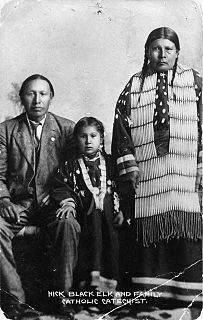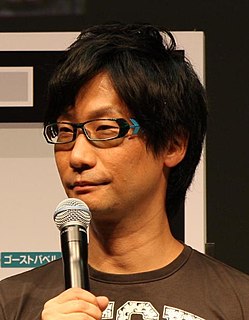A Quote by Haruki Murakami
In Japan, the writers have made up a literary community, a circle, a society. I think 90 percent of Japan's writers live in Tokyo. Naturally, they make a community. There are groups and customs, and so they are tied up in a way.
Related Quotes
Pittsburgh was the first chance to be in a classroom with other writers, to have conversations with other writers. In fact, after graduate school, I lived in Japan, Ohio and New Orleans, and only upon leaving Pittsburgh did I see what a special community it was for poets, so I was eager to come back. It's a strong arts community across the board.
As someone who grew up in Europe, I don't look at TV and automatically think of a primetime network series, created by a staff of writers. I think of 90-minute movies that can break talents out or a three 90-minutes-an-episode mini series that can introduce a fantastic new series like 'The Blechtley Circle.'
The Universe is circles within circles, and everything is one circle, and all the circles are connected to each other. Each family is a circle, and those family circles connect together and make a community, and the community makes its circle where it lives on the Earth. It (the community) cares for that part (of the Earth) but cares for it as a circle - which is to say in a cooperative and egalitarian way, where everybody is cared for, and everybody is respected.
We live in a world filled with language. Language imparts identity, meaning, and perspective to our human community. Writers are either polluters or part of the clean-up team. Just as the language of power and greed has the potential to destroy us, the language of reason and empathy has the power to save us. Writers can inspire a kinder, fairer, more beautiful world, or invite selfishness, stereotyping, and violence. Writers can unite people or divide them.
I remember my very first encounter with Japan. At that time, I was Deputy Mayor of St Petersburg. Out of nowhere, Japan's Consul General in St Petersburg came to my office and said Japan's Ministry of Foreign Affairs wanted to invite me to Japan. I was very surprised because I had nothing to do with Japan except being a judoka. This was an opportunity to visit Tokyo and a couple of other cities. And, you know, a capital is a capital everywhere: there is the official script and certain protocol. It is always easier to talk in the provinces, the conversation is more natural.
Shakespearean words, foreign words, slang and dialect and made-up phrases from kids on the street corner: English has room for them all. And writers - not just literary writers, but popular writers as well - breathe air into English and keep it lively by making it their own, not by adhering to some style manual that gets handed out to college Freshmen in a composition class.
It's a tough time for screenwriters right now, because fewer movies are getting made. I'm enjoying television so much. It offers opportunities for writers to be in a writers' room and work their way up. It's somewhat easier because there's more of a community. There are so many screenwriters with incredible stories to tell, so I hope there will be some kind of shift in the business where very few types of movies are now made by the studios. There needs to be different budgets for different audiences; not everything having to be a huge opening weekend.
I've never really felt that being part of a literary community is all that important. It can be extremely detrimental to a writer. It can damage successful writers by giving them an exalted sense of what they've done, and it can crush less successful writers by infecting them with envy and malice at an early stage in their careers.




































